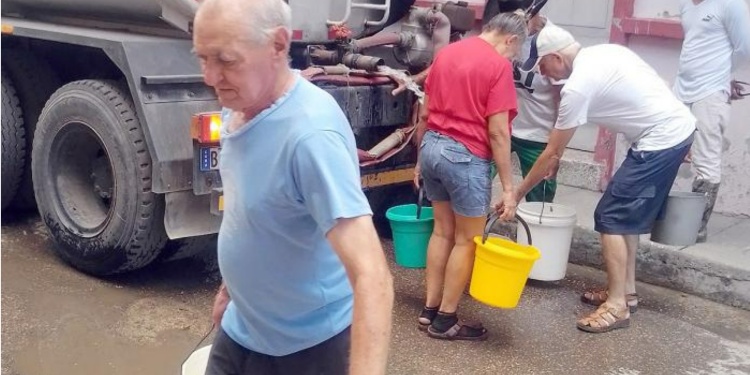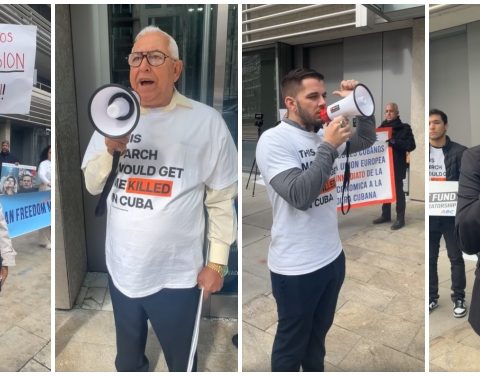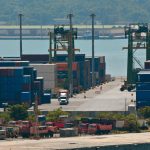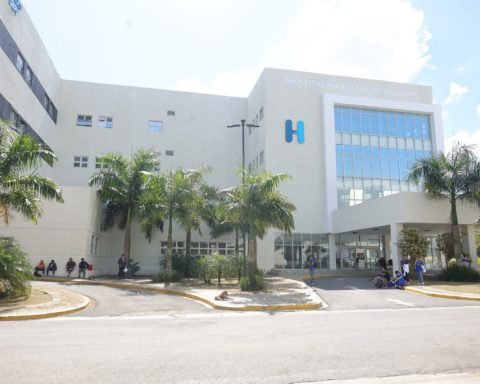AREQUIPA, Peru – Cuban Deputy Prime Minister Inés María Chapman describes the management of water resources in Cuba as “a great work of the Revolution.” This is in the midst of a shortage of water that affects tens of thousands of Cubans around the island.
The state newspaper Granma It includes the statements of the Castro leader, regarding the event for the Day of the Hydraulic Resources Worker held in Ciego de Ávila on August 10.
According to Chapman, who uses the triumphalist discourse of the Cuban regime, “despite its imperfections, the water resource management system (in Cuba) is a great work of the Revolution.”
In this regard, the Deputy Prime Minister attributes the supposed achievements in the sector to Fidel Castro. This is not the first time that the official press and the leadership of the Cuban Communist Party arbitrarily attribute merits ranging from science, sports and culture to the deceased dictator of the Island.
While praising the “great work,” Chapman acknowledged that “many challenges remain, amid the economic difficulties the country is going through.” He also said that “there are still many municipal capitals without water supply” and most of the country’s farmland has not been “equipped with pumping equipment.”
The leader blamed Washington’s embargo on the Havana regime as the main cause of the difficulties. Over the past few decades, this has become the main scapegoat for the authorities on the island, who on this occasion pointed out that it seeks to “stop the country’s hydraulic development.”
In previous statements by Chapman, the vice prime minister referred a month ago to the particular situation of the city of Pinar del Río, the territory with the largest population and where people live the most complex panorama“A lot of things have been done, but people don’t see the impact.”
“We are still struggling here. The service has not improved,” agrees Yenisel Valdés, a resident of Primero de Enero Street in La Flora, one of the neighborhoods where the alleged state investments should be palpable.
Others, such as Roberto Brea, a resident of Mariana Grajales Street in the Carlos Manuel de Céspedes neighborhood, believe that, instead of being resolved, the situation has worsened in the province.
“In this area, water was received every other day, and then it was extended to two, three, ten days, and now it is between 15 and 20 days. With those arrangements that were made after the cyclone, we are worse off than before,” explained the Pinar del Río resident.
The serious situation with the water service is not a problem exclusive to Pinar del Río, but a reality at the national level.
Last June it was revealed that in Cuba some 700,000 people do not receive water service every day due to continuous power cuts at pumping stations.
This was explained by Antonio Rodríguez Rodríguez, president of the National Institute of Hydraulic Resources (INRH), in a meeting with the official press media of the Cuban regime.
According to official figures, despite the fact that the official propaganda of the Cuban regime strives to highlight the Government’s programs, dedicated to tourismits true focus of investments, 90% of more than 7,100 opinions collected consider state water services to be disastrous.

















